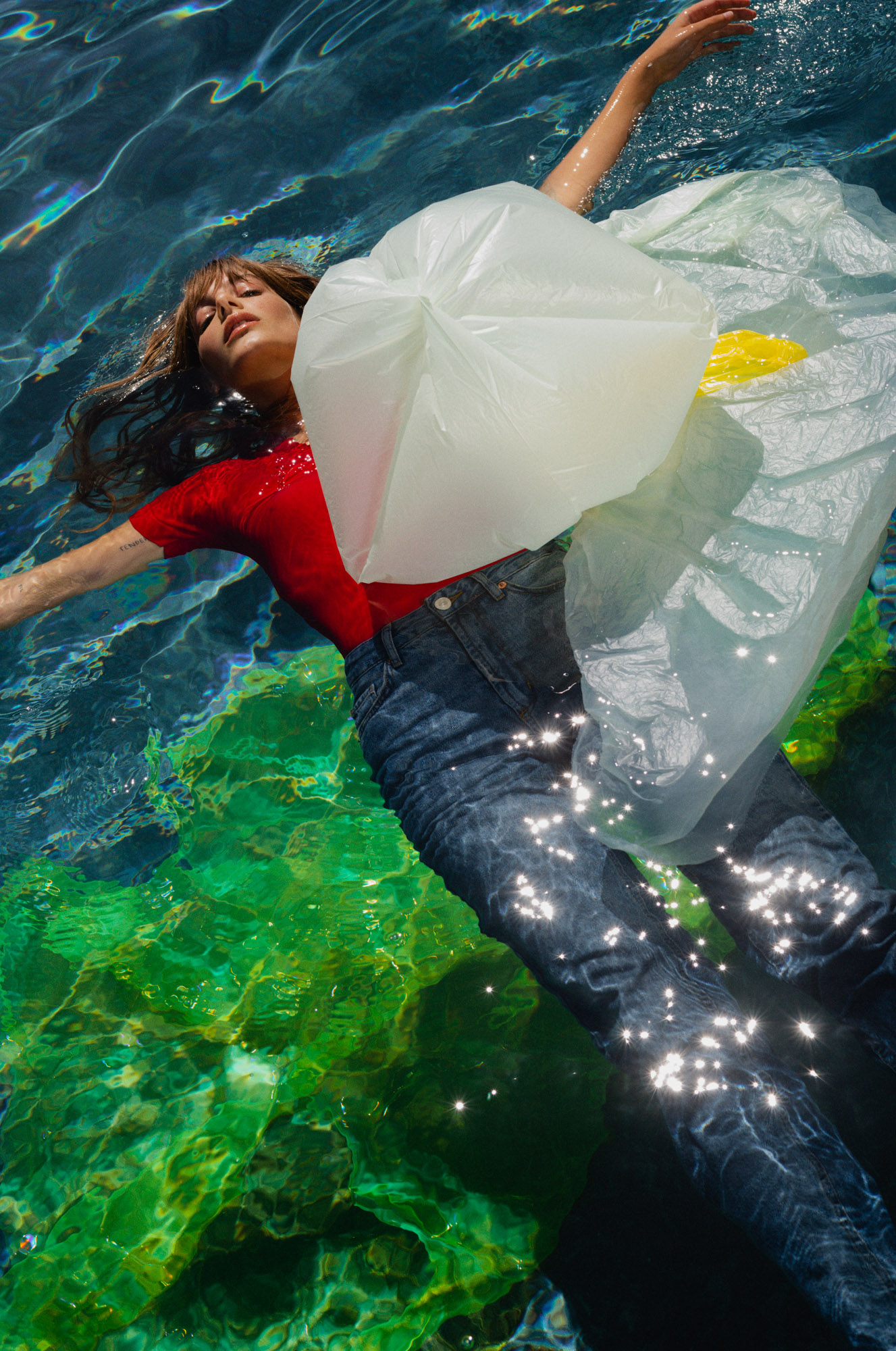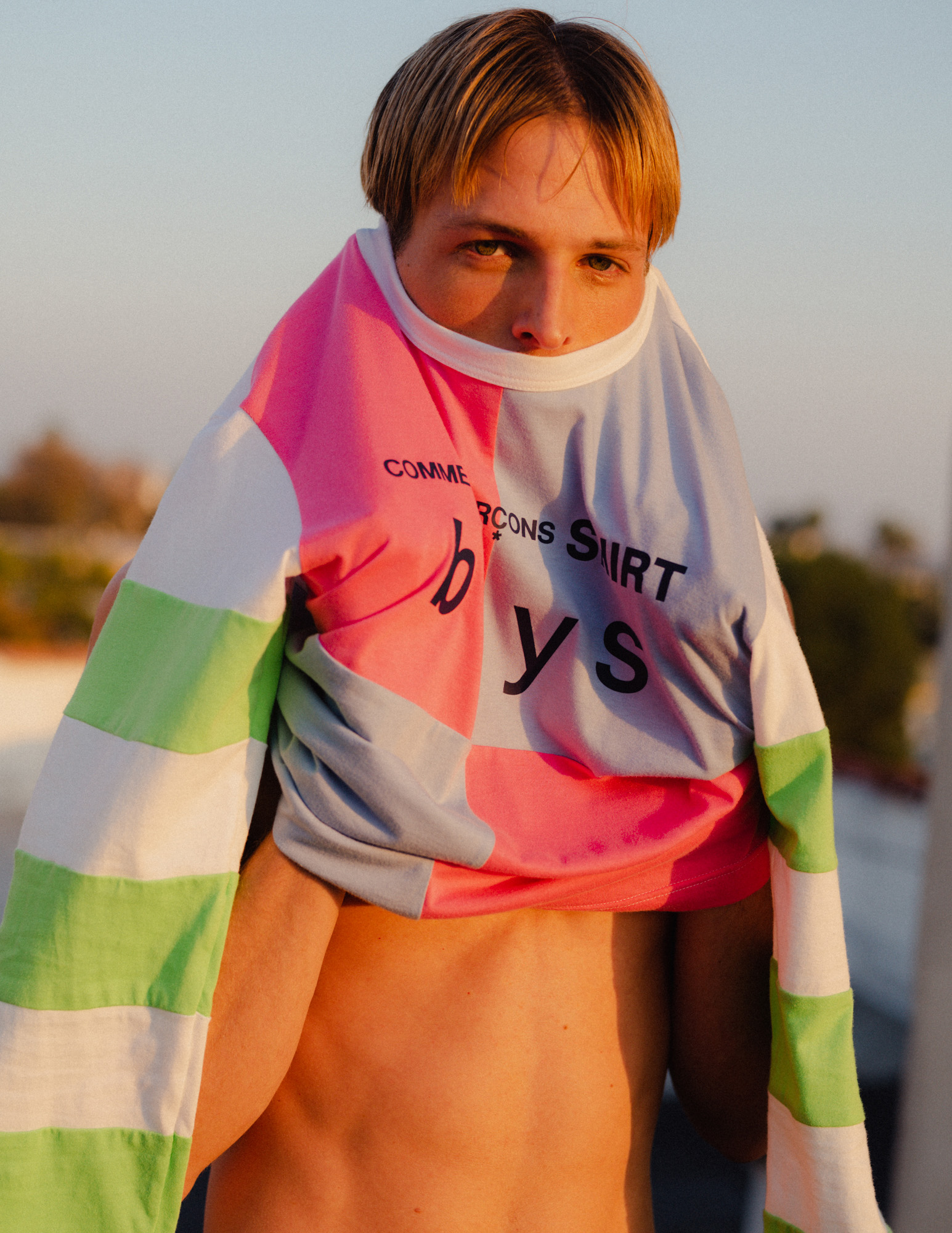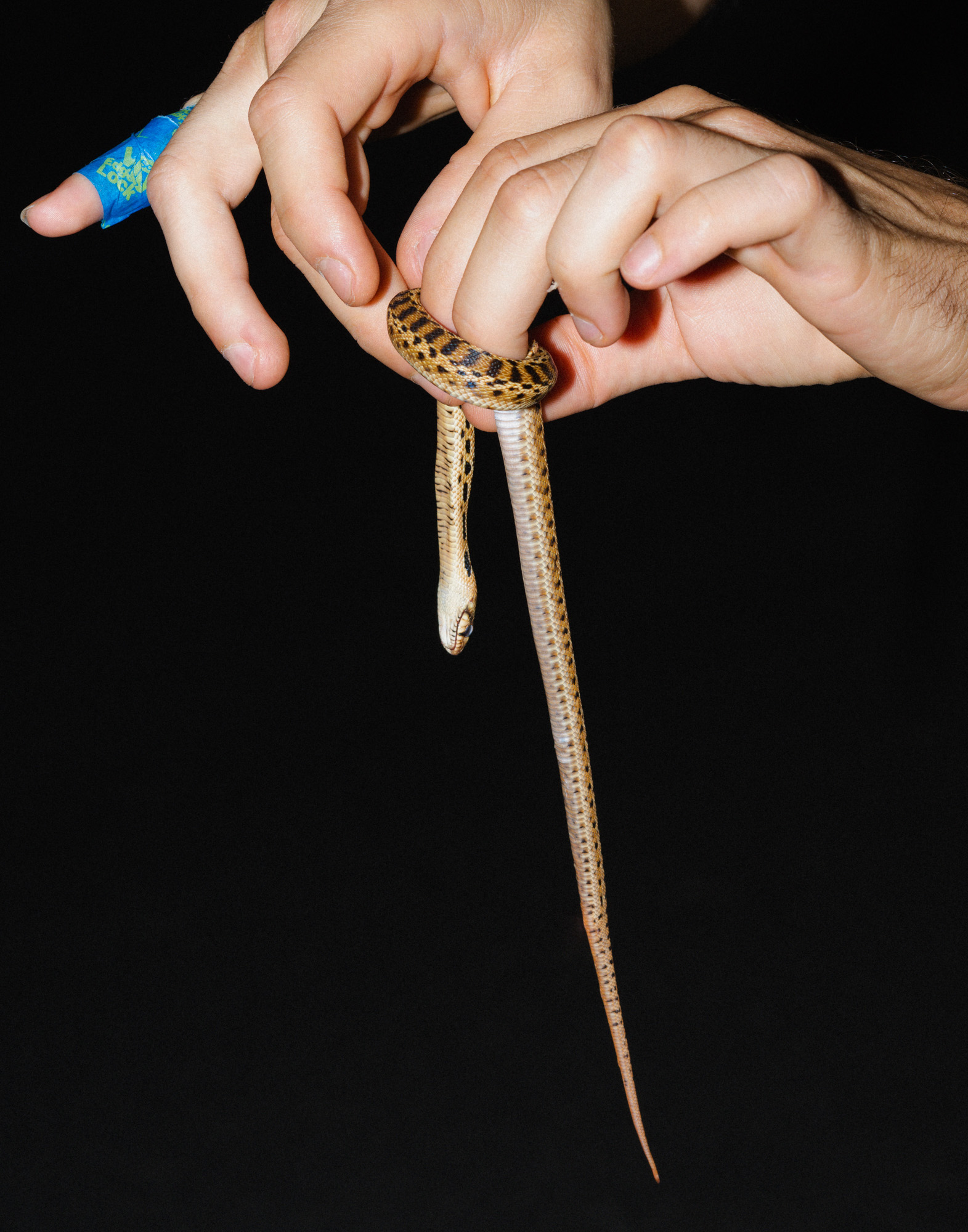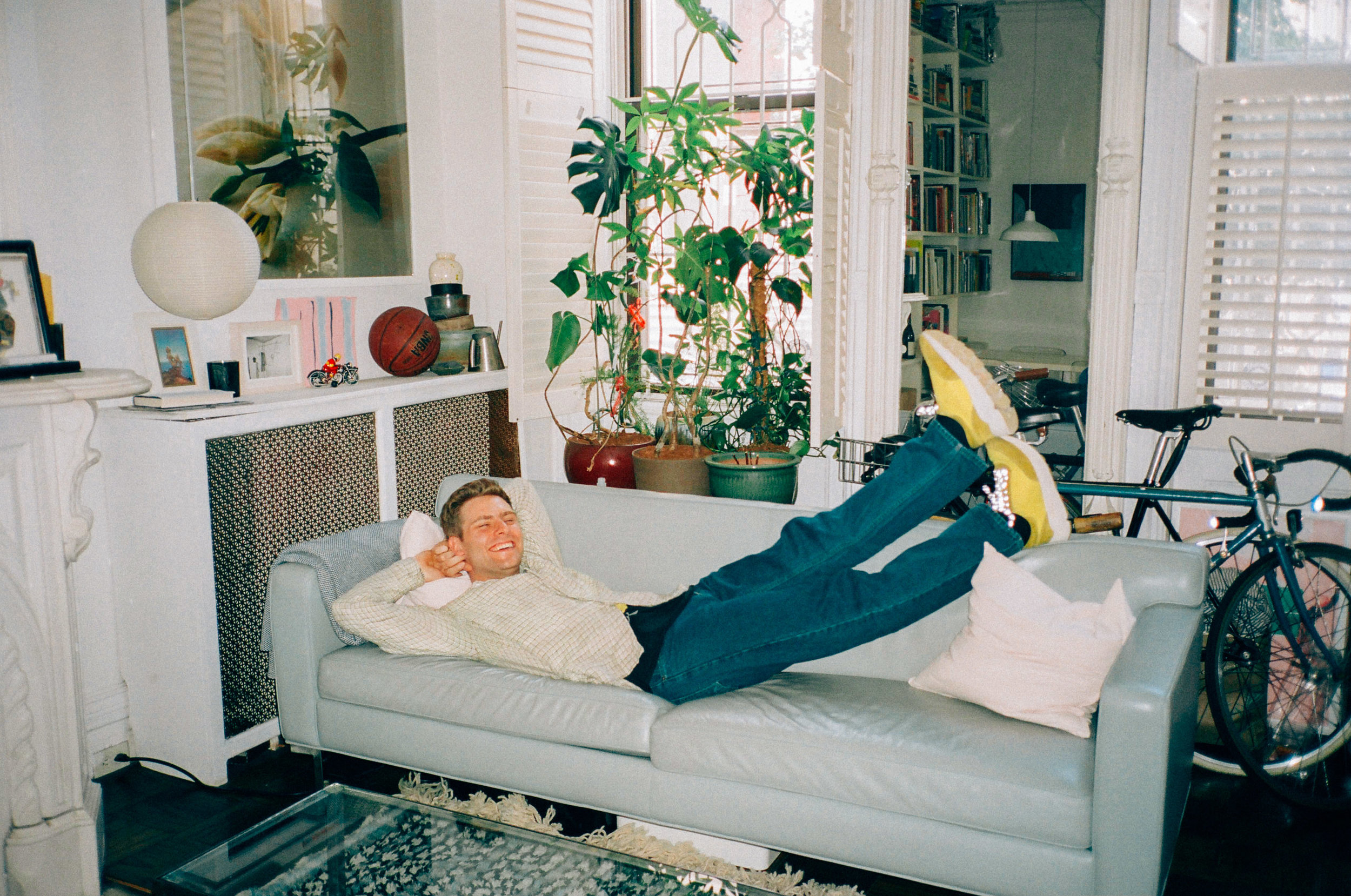Ryan: I was working on that for a long time so when it was finally an object, in my hands, I felt over it but in a positive way. It felt exciting to have it and share it with people. It's been well received so far and cool bookshops have been picking it up which is a positive reinforcement in this dark world. [both laughing] A lot of people came to the signing in LA and the one in New York, which I felt grateful for. Even having an event, like at Mast Books, was surreal for me. Being in Chicago, somewhere with next to no art book shops, and then coming to New York made me feel very grateful.
Mo: You were still in Chicago the first time we talked, so I want to talk about the series of events that led up to New York.
Ryan: I've been photographing full-time since since 2013, a year after I graduated college. I kind of fell into it. I met Daniel Shea at a punk gig forever ago. We were talking about photography and he added me on Facebook, and he was getting assignments where he'd be traveling around and needed an assistant for them. So I assisted him and we became really close friends traversing the Midwest. He shined a light on how to get this kind of work.
Ryan: Now it's really easy because you can see how through Instagram. Someone will go, I shot this for this, thanks to this person. And then you realize who to email from that caption. Before it was a little more cloudy to find out how that worked. So Daniel was always really generous with anyone who asked how this stuff works. Basically, I understood that if you email people, make a portfolio, and go to New York to try to meet with them, that eventually they would give you money, which is kind of crazy.
Ryan: Daniel moved to New York in 2013 so I quit assisting and was like, “I'll just try to become a photographer.” I had done a couple of assignments before that. But Emily Keegin and Meaghan Z-H Wood, who were at Bloomberg Businessweek at the time, were some of the first photo editors to believe in me, send me to weird places and let me do whatever I want. I was 23 at the time, which is crazy. And also, Neil Harris and Bridget Harris at TIME Magazine were some of the first people to give me assignments when I literally had no idea what I was doing. I've been really lucky.
Mo: Do you think one has to leave the Midwest to fully pursue a creative career?
Ryan: I think staying in Chicago after I graduated from school and being in a city that's not as polluted with creative people was really helpful for my career. It presented me with more opportunities early on and I was able to build relationships that I think would've been harder to access if I lived in a city like New York, It's easy to be a big fish in a small pond.
Ryan: So then I felt like I was underwhelmed and not feeling as challenged so moving here was an examination of how to get work that was more specific to where I am and what I do. In Chicago, somebody from whatever magazine would need whoever was local for a shoot, so you're more shooting whatever. But here, people hire you more for exactly who you are.
Mo: It's more personality driven here.
Ryan: For sure. There's so many people. You have to find your path, too, and how to make things happen. If you're in a place like Detroit or Chicago, there are opportunities there but if you're the person that's there, you’ll get thrown a lot of stuff. It's really good for learning and figuring out what you want to do.
Mo: And those places generally allow an easier access to a sustainable career.
Ryan: When I was living in Chicago, I was paying what feels like nothing for rent, so it was a really great place to get my footing and take risks, which is nice to do. Whereas in New York City, your rent is so fucking expensive that you're worrying what you're going to eat next week. I have so many friends who are incredibly talented but still need to assist, and like assisting, but they should not be assistants. They are incredible photographers.
Mo: Yeah, and the margin of living is high, so everything feels like a business decision. You can put a lot of money into a personal project but realize that you can't do that too often, which ends up with you being very careful of what to pursue. Think of the people putting most of the money they make from jobs back into another project.
Ryan: I don't think people realize that as much. So many shoots that you see photographers do for magazines or whoever, they're funding the whole thing. That's crazy to expect people to do.
Mo: And there's a lot of favors.
Ryan: At the end of the day you're selling your idea and vision. You're not being hired by a brand to sell something, so you're responsible for delivering what you believe in.

















